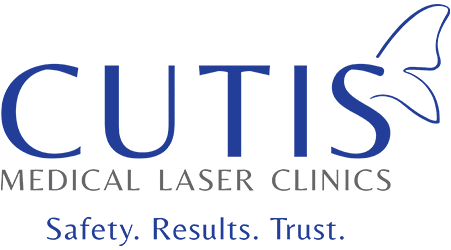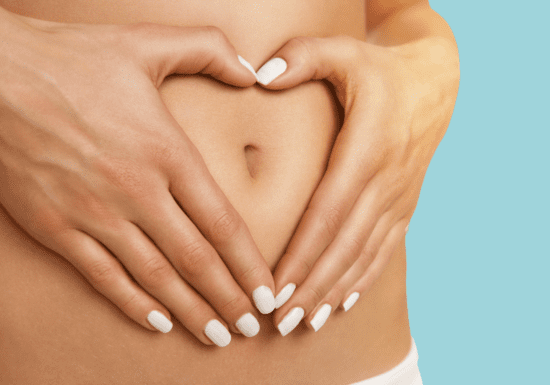What are antibiotics and how do they affect the gut?
The discovery of antibiotics in 1928 has saved and transformed millions of lives. Mainly prescribed for treating infections (not viruses), antibiotics kill or slow down the growth of disease-causing bacteria.
While antibiotics do a good job of treating bacterial infections, they cannot differentiate between good and bad bacteria in the gut. They also kill the good bacteria, which may cause damage to the gut flora. This can disrupt the microbiome and potentially lead to digestive issues and imbalances.
How does the misuse/prolonged use of antibiotics affect the gut microbiome?
The overuse or misuse of antibiotics can significantly change the amount and type of bacteria in the gut. This can also lead to the growth of antibiotic-resistant bacteria and infections, resulting in bacterial or antibiotic resistance. Prolonged antibiotic use:
- Can cause an upset stomach or diarrhea due to the disruption in the gut ecosystem
- Can lead to an imbalance in the microbiome (which may result in gastrointestinal symptoms)
- Decreases the diversity of microbes in the gut
- Can cause lasting changes in the gut flora
What are probiotics and how do they affect the gut?
Probiotics are live bacteria and yeast that help promote a healthy digestion and balance of gut bacteria. Studies suggest that they help reduce the side effects of antibiotics, such as antibiotic-associated diarrhea. They replenish friendly bacteria in the gut, which then prevents disruption in the gut’s microbiome balance.
Is there any clinical evidence supporting RESTORE?
According to a clinical study, RESTORE has a positive impact on the gut microbiome after a period of 14 days. Key points in the findings include:
- RESTORE capsules were safe for consumption and benefitted both the gut microbiome and the overall health of those who had been on a course of antibiotics.
- RESTORE raised the levels of health-promoting bacterial species.
- RESTORE resulted in the elimination of seven opportunistic pathogens that caused various infections and post-antibiotic symptoms.
When and how should I take RESTORE?
RESTORE is to be taken during and after completion of a course of antibiotics.
Discontinue the course of probiotics before the end of two weeks to ensure sustained probiotic engraftment and the best health outcomes.
References:
- Maftei, N.-M.; Raileanu, C.R.; Balta, A.A.; Ambrose, L.; Boev, M.; Marin, D.B.; Lisa, E.L. The Potential Impact of Probiotics on Human Health: An Update on Their Health-Promoting Properties. Microorganisms 2024, 12, 234. https://doi.org/10.3390/microorganisms12020234
- Kopacz, K., & Phadtare, S. (2022). Probiotics for the Prevention of Antibiotic-Associated Diarrhea. Healthcare (Basel, Switzerland), 10(8), 1450. https://doi.org/10.3390/healthcare10081450

